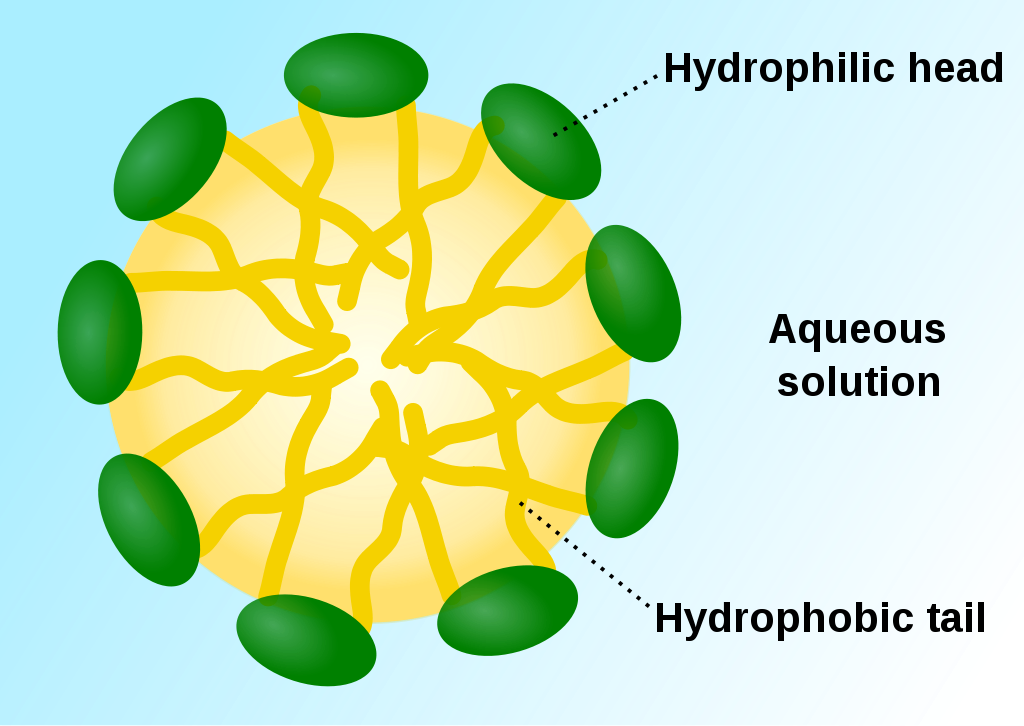Casein offers some specialized advantages over other protein sources.

Casein is is the predominant type of protein found in milk. Alongside whey, casein is a popular dietary supplement with a number of health benefits:
- Maximizing muscle growth. Casein is typically considered the best protein source alongside whey for maximizing muscle hypertrophy from resistance training.
- Blood pressure support. Casein proteins called casokinins appear to suppress an enzyme that promotes blood vessel constriction.
Overview
Casein is the term for the predominant family of proteins found in cow’s milk, accounting for 80% of its total protein content. When milk is coagulated during the cheese-making process, casein solidifies into curds, while the liquid whey is left behind.
Casein contains a variety of proteins, with the most prominent being alpha-s1, alpha-s2, b-casein, and k-casein. While these proteins do not have any specific effects, when ingested they break down into several peptides — molecules composed of linked amino acids — that may possess biologically-active properties.
Like other animal proteins, casein provides the body with adequate amounts of all nine essential amino acids. However, it is unique for its slow digestion and absorption, allowing casein to release amino acids at a steady rate for a prolonged period of time. This stands in contrast to “fast” protein sources such as whey that result in a rapid spike in amino acid availability.
Casein is mainly used a dietary supplement for individuals seeking to improve their protein intake for the purpose of building muscle and losing or gaining weight.

Types of Casein Protein
Casein protein comes in three major powdered forms:
- Micellar Casein. The main form of casein used in dietary/sports supplements, which maintains the structure of caseine micelles. Micellar casein products typically contain anywhere 70-90% protein.
- Calcium Caseinate. Casein protein made from skim milk. This form is added to a variety of foods for preservation or nutrition, and is also used as an ingredient in weight gainer products.
- Casein Hydrolysate. In this form, the casein proteins have been hydrolyzed to break them apart into constituent amino acids, which has the advantage of making it easier to absorb. This form is frequently used by clinical researchers, but is not very popular as a dietary supplement because casein is favored for its slow digestion and absorption.
Casein Protein’s Beneficial Bio-Activities
Aside from supporting muscle growth and weight loss or gain like all protein sources, casein may also:
Inhibit the ACE enzyme
Similar to whey protein, casein appears to contain compounds called casokinins that are capable of reducing blood pressure by blocking the activity of ACE, an enzyme that promotes the constriction of blood vessels. Studies have identified at least one of these casonikins to be casein peptide C12.1
Casein Protein’s Reputation & Proposed Benefits
Similar to whey, casein is regarded as an effective source of protein for building muscle while undergoing resistance training. Although whey is certainly the more popular option among resistance training practitioners, most studies comparing whey to casein have shown no difference in the amount of muscle and strength gained.4 5
Having said that, one of ways that researchers propose casein may be superior to whey is improving muscle growth during a period of prolonged fasting, such as during sleep. In such situations, casein’s slow and steady release of amino acids could be advantageous for stimulating ongoing muscle protein synthesis and preventing muscle breakdown, since no food is being consumed.6
Indeed, as one highly-cited study reported in 1997, consuming casein resulted in a 34% decrease of whole body protein breakdown for 7 hours, whereas whey protein had no effect.
Casein can also be used to support weight loss through promoting satiety, but research in this area suggests that its cousin whey may be more effective.7 8 9
In addition, it appears that casein can be helpful for maintaining healthy blood pressure similar to whey.
A significant number of studies have shown that peptides derived from casein may have potential benefits for immunity, stress, anxiety, calcium absorption, antioxidant activity, and more. However, these results should be interpreted with caution, because as one recent review paper summarizes:
There are plenty of reports on the bioactivity of [milk] proteins and peptides in vitro. Such data, however, are insufficient in claiming an effect on human health since the active compound may be degraded during digestion, may not be absorbed or not attain the appropriate concentrations in blood and target tissues that are required for acting significantly.10
Research
Human Research
Research focusing specifically on casein is scarce; most studies compare casein to other protein sources such as whey and soy.
Casein protein may prevent muscle protein breakdown
This frequently-cited study compared the digestion of casein and whey protein. Sixteen young adults were given 30-43 g of whey or casein protein. Casein was found to result in a lower but prolonged, steady release of amino acids and similarly steady increase in muscle protein synthesis compared to whey. However the main finding was that casein resulted in a 34% inhibition of protein breakdown in the body for 7 hours after consumption, whereas whey had no effect.
- The researchers concluded that “the speed of amino acid absorption after protein ingestion has a major impact on the postprandial metabolic response to a single protein meal. The slowly absorbed CAS promotes postprandial protein deposition by an inhibition of protein breakdown“11
This randomized study compared the effects of a low-calorie diet plus resistance training with casein or whey protein hydrolysate. Thirty-four overweight police officers were divided into three groups for 12 weeks: diet only, diet plus resistance training plus high-protein diet using casein protein hydrolysate, or whey hydrolysate instead of casein (70-75 g protein each). The casein group had larger fat loss (8% vs 4%), lean mass gains (4% vs 2%) and strength increase of chest, shoulder, and leg muscles (59% vs 29%) than whey.
- The researchers concluded that “hypocaloric diet, increased protein intake and resistance training resulted in a significant loss of fat mass and gain of lean mass in all participants compared to a hypocaloric diet alone. We also demonstrated the significant impact of a casein hydrolysate on the rate of decrease in fat and increase in lean mass“12
Casein and whey protein may improve blood pressure and cardiovascular function in obese people
In this randomized study, 33 obese women with elevated blood pressure were supplemented daily with cabohydrate placebo, whey, or casein protein (both containing 54 g protein), or placebo for 4 weeks. They also followed an exercise regimen 3 days a week (CET).
Only the whey and casein groups saw a significant decrease of systolic blood pressure, and improvement of aortic augmentation index and arterial stiffness — two measures of cardiovascular health. This suggests that the improvements were caused by casein and whey protein alone, regardless of exercise.
- The researchers concluded that “whey and casein supplementation combined with CET resulted in favorable effects on aSBP, wave reflection, and arterial stiffness in young obese women with prehypertension and hypertension. Although short-term, high-intensity CET increased muscle strength, it did not have additional beneficial effects on BP and arterial function“13
Casein Protein Dosage
- Successful studies of casein have used doses containing 30-75 g protein
- Casein supplements typically provide 20 – 30 g protein per scoop depending on the brand, taken daily to reach your specific protein intake goals
- For sedentary individuals, 0.8 g/kg protein body weight is recommended
- For resistance training practitioners, it’s best to take 20 g or more of casein before sleep or between meals, with an overall target of 1.2- 1.5 g/kg protein intake
Supplements in Review Recommendation
- Micellar casein containing 20 g protein daily.
Casein seems to be the best source of protein alongside whey for building muscle. Casein appears to be just as effective as whey at promoting muscle hypertrophy, and may have a slight specialized advantage for muscle protein synthesis during prolonged fasting (such as when you’re sleeping).
Most casein supplements provide around 20 g protein per scoop. While the ideal dosage will vary person to person, one scoop of a casein supplement taken daily to support your protein intake for general health or resistance training is a good starting point.
References
Leave a Reply